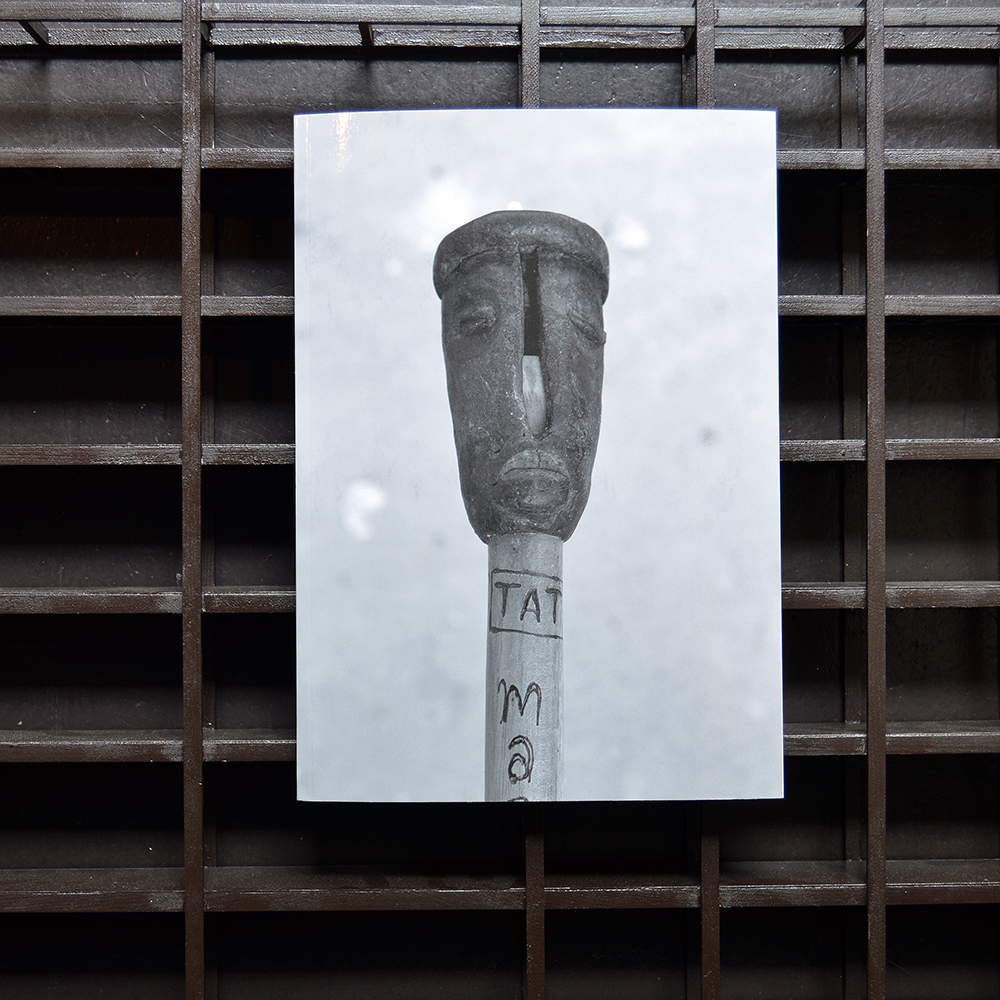** Our bookshop in Berlin-Mitte has closed ** Orders available only via www.bomdiabooks.de **

In the 1970s, José Ortega (alias Morelos) and his brother began traveling from their home in the Peñón de los Baños neighbourhood of Mexico City to Colombia with hopes of finding cumbia records and bringing them back to Mexico. Driven by their passion for tropical music and small outdoor sound systems, in junction with their adventurous spirit, they visited Colombia and other regions of Central and South America. There they found records that would be useful to the owners of the sound systems – the sonideros – in Mexico. Two years ago, Morelos invited Mirjam Wirz and Carlos Icaza, a Mexican musician and investigator, to join him and document his travels. On three separate trips, they retraced Morelos’ route, recollections, and personal connections. With Morelos, the hub and anchor of this story, they worked to discover the origins of cumbia and the sonidero movement throughout Mexico. Ojos Suaves/Soft Eyes is the result of these trips and a sample of relevant material: photographs, transcriptions of talks with various key figures, and some documents from their private collections. ↑ ↓ ↓
€33,00
SOLD OUT

SOBRE EL RÍO (PASSAGE) – tells of a journey along the lower Magdalena river in Colombia in search of the origins of cumbia music – and it is the sixth volume in an onging publication series about cumbia music and sound systems in Latin America edited by the Swiss artist Mirjam Wirz. The books contains photographs, extracts of conversations with musicians, composers and people connected to the river, and poetic texts written after the journey, remembering encounters, situations and landscapes. The Magdalena river marks the birthplace and distribution system for cumbia music, which in its beginnings, dating back to the colonial era, was a prohibited ritual dance and one of the ways in which the indigenous and African populations interacted. Musically, it is made up of a combination of African rhythms, indigenous instruments, and Spanish lyrics. Since the 1950s cumbia has spread beyond Colombia to the working class neighborhoods in Latin America, taking on local specifics at each place. The Magdalena river stands for one of the many rivers in the world which acted as distribution channels and spread music throughout countries – and of water cultures, located along the rivers, which have absorbed very different influences from the interior of the country and from the world, making them multifaceted and thoroughly mixed, which is evident in the music as well. ↑ ↓ ↓
€36,00